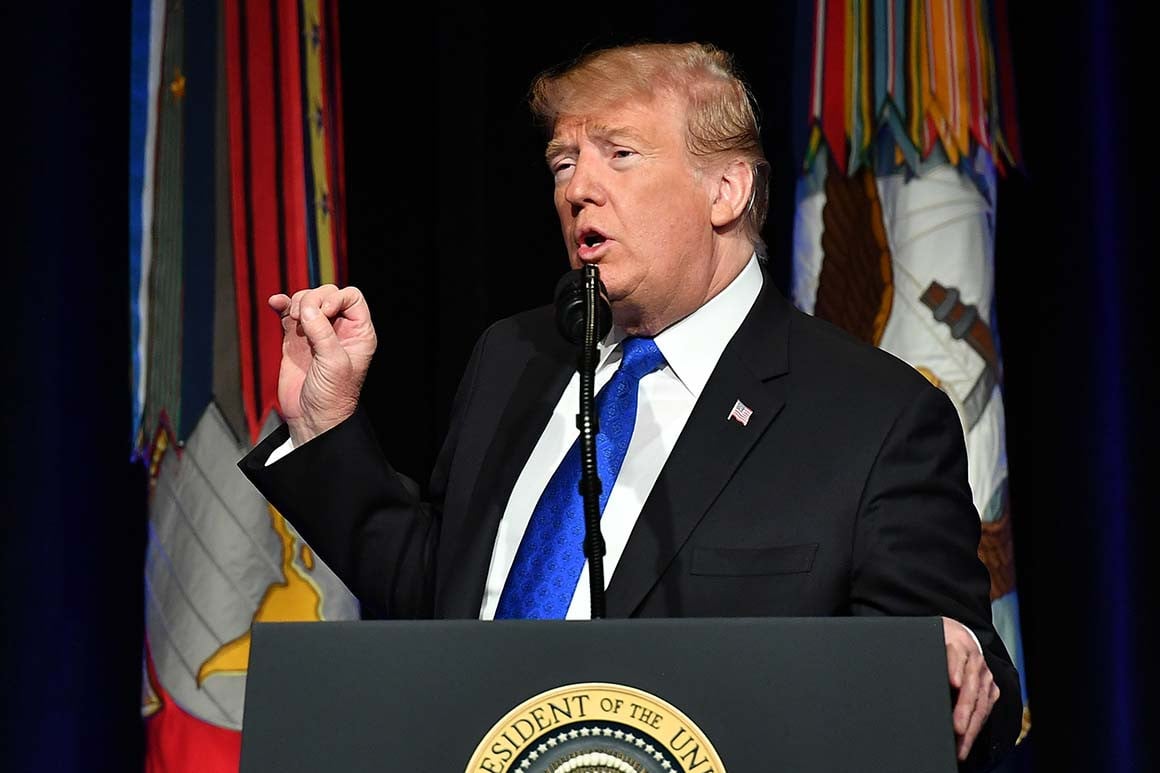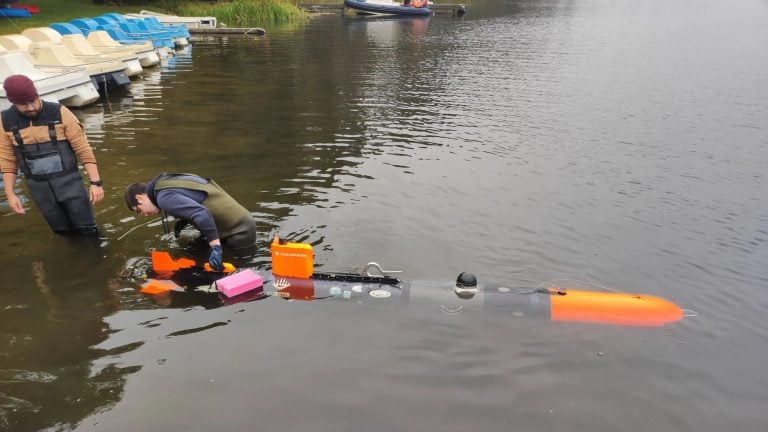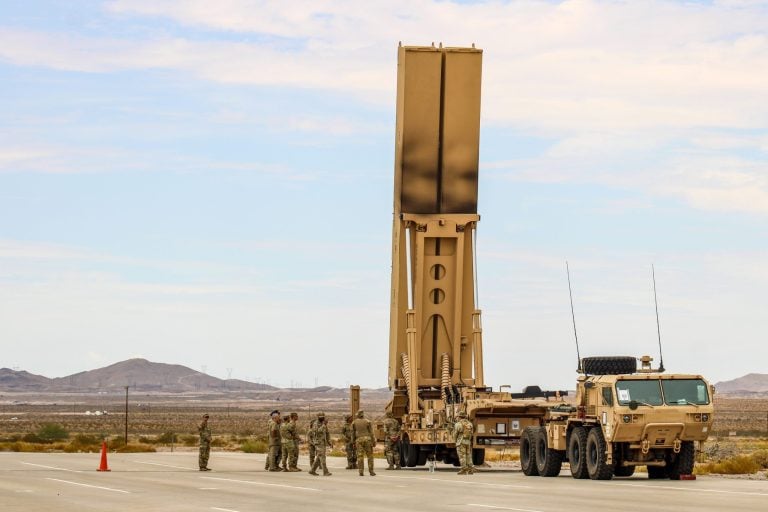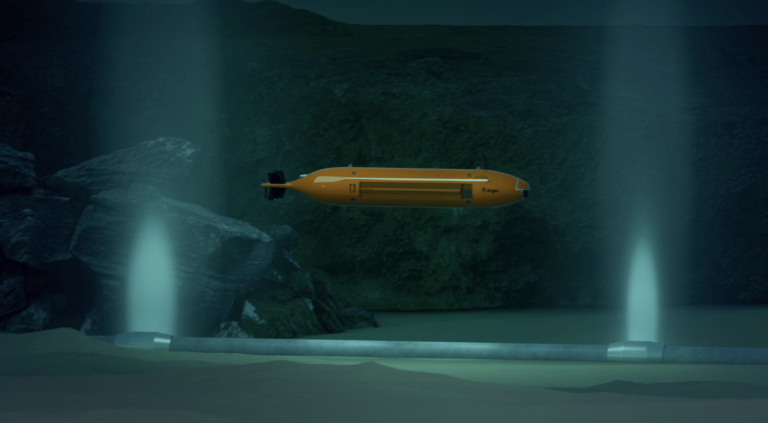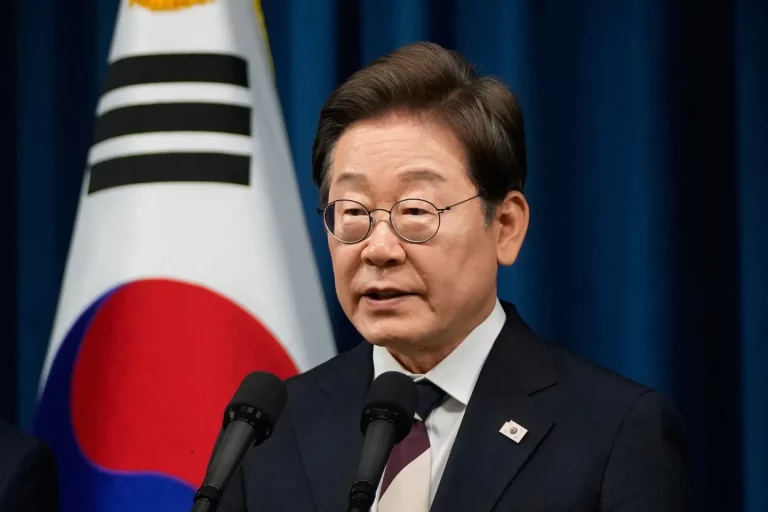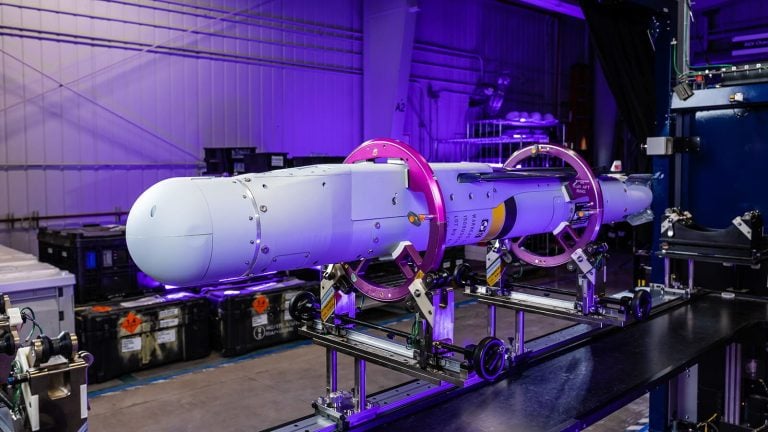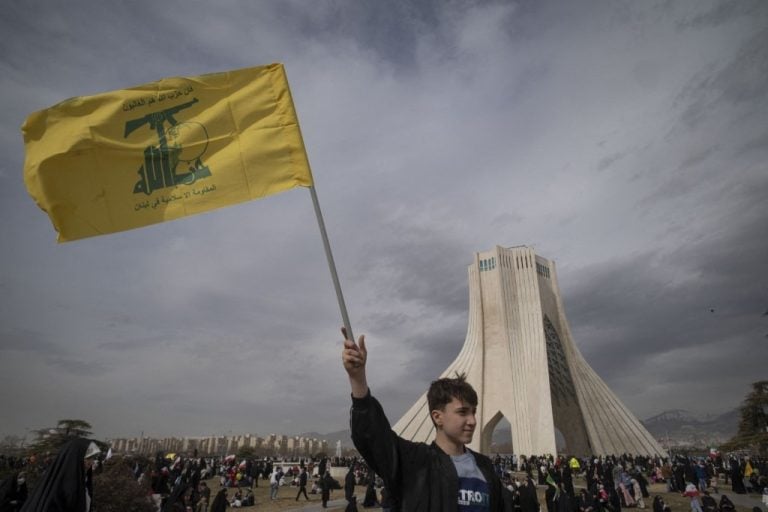US President Donald Trump has indicated that a nuclear agreement with Iran may be nearing completion, a development he hopes will prevent military confrontation. This announcement came during his tour of Gulf nations, culminating in securing a significant $1.4 trillion investment commitment from the United Arab Emirates (UAE) spanning the next decade.
Trump made his comments regarding Iran while in Qatar, before proceeding to the UAE, following earlier discussions in Saudi Arabia. “We’re not going to be making any nuclear dust in Iran,” Trump stated in Doha, expressing optimism about reaching a deal without resorting to military action. His remarks coincided with a notable decline in oil prices, which fell by more than three percent due to increased optimism that a potential nuclear agreement could allow for the revival of Iranian oil exports.
The administration’s efforts have included four rounds of discussions with Iran, aiming to sidestep potential military action from Israel while maintaining a “maximum pressure” campaign against Tehran. Trump referenced a story concerning Iran’s agreement to terms, although he refrained from clarifying further. An adviser to Iran’s supreme leader, Ali Shamkhani, relayed to NBC News that Iran may be willing to relinquish its stockpile of highly enriched uranium in exchange for the lifting of US sanctions.
In response, Iranian Foreign Minister Abbas Araghchi reiterated that Tehran has not yet received any formal proposal from the United States but expressed a willingness to engage in confidence-building measures contingent upon the removal of sanctions. “We are ready to build trust and transparency about our nuclear program in response to the lifting of sanctions,” he stated.
As the UAE solidified its commitment to invest $1.4 trillion in the US economy, President Sheikh Mohamed bin Zayed emphasized the deepening partnership between Abu Dhabi and Washington, particularly spotlighting the investment opportunities in technology, artificial intelligence, and energy sectors. Trump’s tour has reportedly generated multiple multi-billion-dollar deals, including a historic $200 billion procurement agreement for Boeing aircraft with Qatar Airways, and Saudi Arabia’s own $600 billion investment pledge featuring extensive purchases of US military hardware.
The atmosphere during Trump’s visit was celebratory, with UAE children waving flags and traditional dancers performing in his honor. As part of the visit, Trump toured the imposing Sheikh Zayed Mosque, renowned for its stunning architecture and grand design.
Reports have also emerged indicating that the US and UAE may unveil a new partnership in artificial intelligence and technology during Trump’s stay. The UAE’s strategy to diversify its economy from oil dependence increasingly hinges on securing advanced US technologies, particularly AI chips that have faced strict export controls. Recent policy changes saw Trump lifting certain restrictions on these technologies, removing barriers that his predecessor had implemented to curb China’s access to advanced capabilities.
Despite the substantial financial engagements, Trump’s visit has not been without controversy. The generous offers from Gulf leaders have sparked allegations of corruption, particularly concerning a luxury aircraft presented to Trump by Qatar. Throughout his tour, Trump has refrained from discussing human rights issues, contrasting sharply with President Biden’s previous approach to the region, particularly regarding Saudi Arabia’s leadership and its reputation regarding human rights abuses.
Trump has notably praised Saudi Crown Prince Mohammed bin Salman as a transformative figure for the kingdom, despite international concerns surrounding his role in the assassination of journalist Jamal Khashoggi. Recognizing the shifting landscape of Middle Eastern diplomacy, Trump also announced the lifting of sanctions on Syria, culminating in a historic meeting with interim President Ahmed al-Sharaa, marking a significant thaw in US-Syrian relations.
